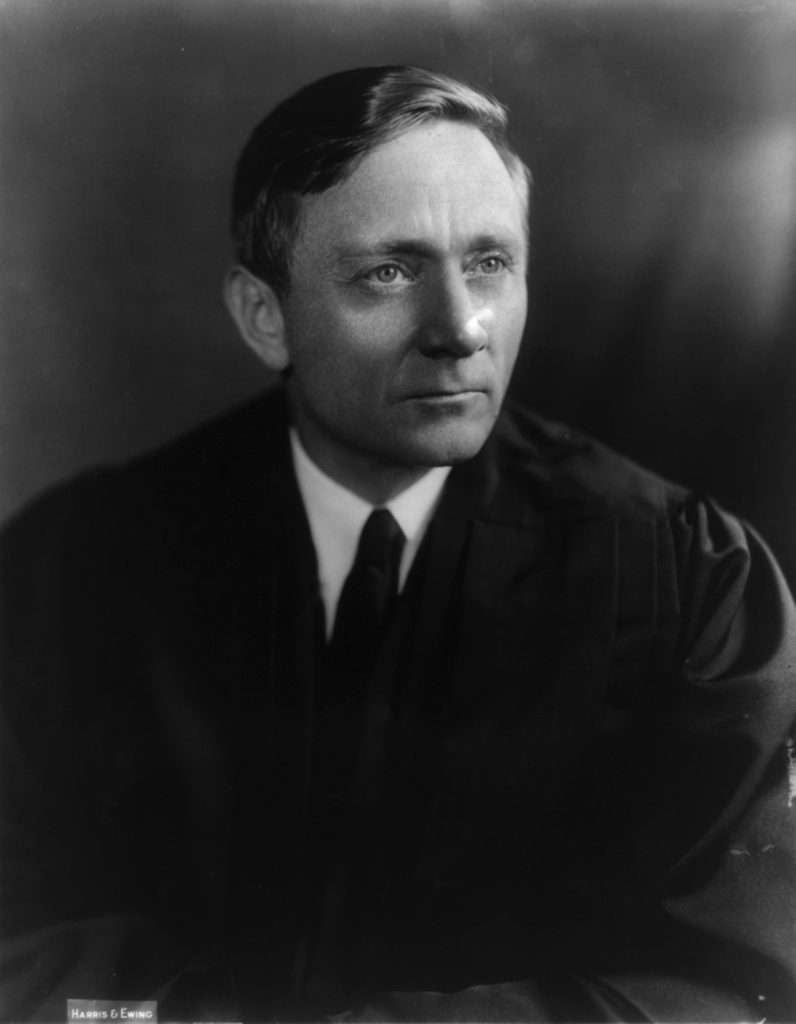The Volokh Conspiracy
Mostly law professors | Sometimes contrarian | Often libertarian | Always independent
Today in Supreme Court History: November 12, 1975
11/12/1975: Justice William O. Douglas resigns.

Editor's Note: We invite comments and request that they be civil and on-topic. We do not moderate or assume any responsibility for comments, which are owned by the readers who post them. Comments do not represent the views of Reason.com or Reason Foundation. We reserve the right to delete any comment for any reason at any time. Comments may only be edited within 5 minutes of posting. Report abuses.
Please to post comments


Clearly incapacitated after his Dec. 31, 1974 stroke, he resisted resigning because Gerald Ford, who as a congressman had tried to get him impeached, would be naming his successor.
https://www.nytimes.com/1975/09/13/archives/notes-on-people-douglas-plans-to-keep-working.html
Interesting episode. I was curious about what the basis would have been. There were 4 proposed charges:
1) Failure to recuse when a magazine he'd sold an essay to faced libel charges.
2) Serving as paid director of the Parvin Foundation while a Justice.
3) Association with "militant leftists".
4) Publishing a book, "Points of Rebellion", apparently approving of violent revolution in democracies. (Going to have to get this to read, sounds interesting.)
I think the 1st two charges are actually significant, though you can argue about whether they rise to impeachable. The last two are kind of dubious.
Apparently even people sympathetic to him thought his behavior was "more a warning than an example". Kind of an Abe Fortas with better PR.
The first two are no worse than other justices had done in the past.
The real impetus was that Douglas was an out-loud leftist, publishing book after book, in a way that today would seem inappropriate today. The motion to impeach was made in 1970. Ford later regretted it. Though we forget how conservative he was. He replaced Douglas with Stevens, a right-winger (relative to the time).
Douglas didn't do anything impeachable. He was, however, one of the dumbest and most inept justices in the 20th Century, and had little lasting impact on the law because of that. (His most famous opinion is probably Griswold, and while the result remains good law, his reasoning was totally unworkable and was quickly ignored by the Court.)
His lack of impact was more due to laziness and an obstreperous personality than stupidity. After all he had taught at Columbia Law and been successful at the SEC. I believe that once he realized he would never be President (by around 1960) he lost a lot of interest in being a Justice. As Brennan put it later, “He had a keen mind, but it left him.”
Of course he was also a miserable human being.
It's possible that when he was young, he had a brilliant intellect. I do know that many people make that claim.
But if so, it had deteriorated by the time he got to the Court. Even prior to 1960, he wasn't exactly bringing intellectual heft to his work.
Oh, I know other justices have done as bad. There haven't been nearly enough impeachments, IMO. They set the bar for doing it too high.
I think the most significant of the charges was #2. Justices shouldn't take outside employment while in office.
Shouldn't, but doing so is hardly an impeachable offense.
Empirically, it's apparently not. But maybe it should be.